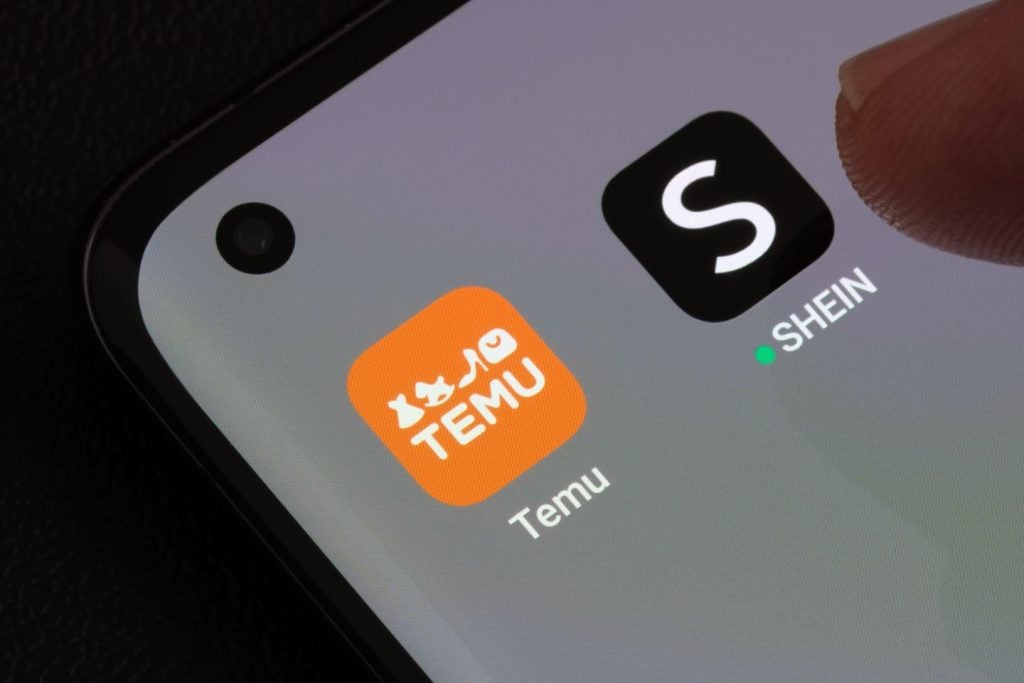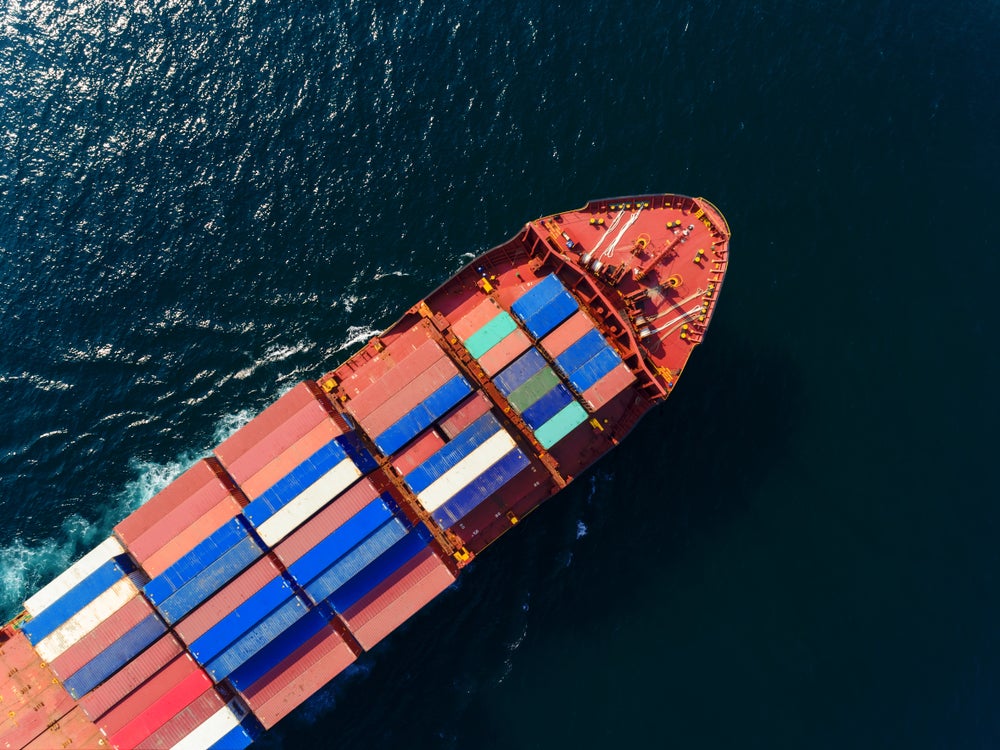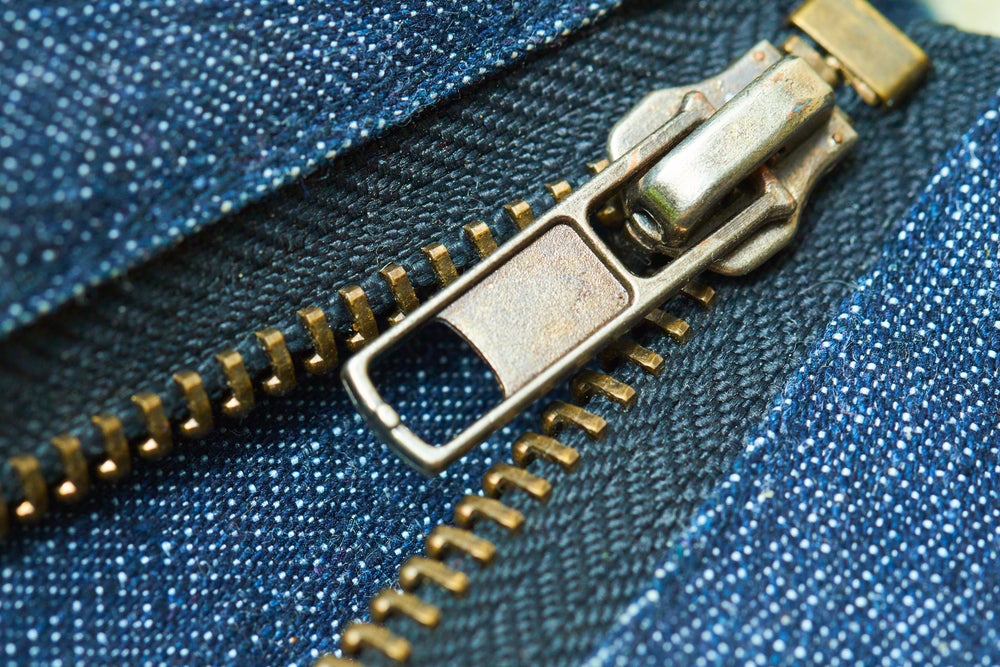
Special trade access to developed countries is always a boon to emerging market suppliers, and the European Union’s (EU) GSP+ system is especially sought after and – according to a recent European Commission report – widely utilised.
GSP+ suspends import duties on 66% of EU tariff lines, while for the standard Generalised Scheme of Preferences (GSP), these same duties are merely reduced. Textiles and clothing are among those products affected. To secure GSP+ countries must demonstrate compliance with 27 international conventions covering human and labour rights, environmental protection, and good governance. It is not easy. Indeed, Sri Lanka, in the aftermath of its successful but bloody, war against the Tamil Tigers, lost this status in 2010 – and its current government wants it back.
Pakistan, by contrast, has managed to convince the EU that it had complied, and its exporters have been benefiting from EU GSP+ since January 2014. Its sales accounted for 70.1% of the EU’s imports under the scheme in 2014, according to the Commission report. The other key clothing exporter using the scheme is the Philippines, which accounted for 17.7% of EU imports under the scheme in 2014.
Other counties utilising it are of less importance to Europe as clothing outsourcing centres, such as Peru, Costa Rica, and Paraguay. Its value is signalled by the fact that Pakistan utilised 95.3% of its available GSP+ trading rights in 2014, accounting for EUR4.54bn worth of exports (of all products); and in the first six months of 2015, its utilisation rate was 94.5%, accounting for exports worth EUR2.57bn.
Indeed, with Pakistan’s human rights record far from spotless, there have been concerns that its GSP+ status could be under threat. EU ambassador Jean-François Cautain warned in November that it could potentially be withdrawn.
See Also:
Asghar Ali, chairman of Pakistan Textile Exporters Association, said associations representing exporters of yarn, garments and home textiles were working with government officials in Islamabad to devise a strategy to maintain GSP+: “We will discuss the arguments and proposal that we will put forth before the EU,” he told just-style. If it was withdrawn, Pakistani textile and clothing exports could decline, Ali said. “We can’t mention a figure but there will be a big problem.”
How well do you really know your competitors?
Access the most comprehensive Company Profiles on the market, powered by GlobalData. Save hours of research. Gain competitive edge.

Thank you!
Your download email will arrive shortly
Not ready to buy yet? Download a free sample
We are confident about the unique quality of our Company Profiles. However, we want you to make the most beneficial decision for your business, so we offer a free sample that you can download by submitting the below form
By GlobalDataShaikh Mohammad Shafiq, chairman of Pakistan Readymade Garments Manufacturers & Exporters Association in Karachi, said without GSP+ exports of men’s shirts and trousers would be most affected, while towels and bedsheet exports would hold up, given Pakistan faces little competition for these products. Shafiq added that GSP+ status has not significantly increased profits: “The importers forced us to reduce our prices accordingly,” he said. However, if the market privilege was withdrawn, those prices are unlikely to rise, he said.
As it stands, there appears to be no immediate threat that Pakistan will lose its GSP+ status. A European Parliament committee on international trade meeting on Tuesday (16 February) was told by EU trade Commissioner Cecilia Malmström: “There is no recommendation to end GSP plus” for Pakistan or any other GSP+ nation. That said, she added the European Commission would continue to monitor the situation. “We insist on progress but recognise things will not change overnight,” she told MEPs.
Rules of origin
The Philippines has been a less keen utiliser of GSP+, using 66.7% of its rights in 2014 (earning EUR1.14bn from related exports), and 62.8% in 2015, (earning EUR681m from GSP+ related exports).
Industry observers in the country attribute this mainly to GSP+ rules of origin complicating raw material sourcing. As the Philippines has few upstream textile plants, local garment manufacturers heavily rely for variety on foreign yarns, the usage of which restricted under GSP+. “It is the GSP+ rules of origin for textile usage that hampered some of the export orders,” explained Robert Young, president of the Foreign Buyers Association of the Philippines (FOBAP).
“The dilemma is being aggravated by the closure of some textile mills in 2015 after the government suspended a tax rebate incentive programme for the sector,” he added.
It is not the first time that FOBAP has warned that compliance issues over origin have caused low utilisation of preferential tariff schemes by the country’s garment sector, including other trade deals outside GSP+ – the country has a trade agreement with Japan, for example.
Country competition
Of course, having special trade access, even when only partially utilised, does not only impact the country benefiting from the status; it can cause competition problems for other countries, even those that have special (but different) trade access status.
Bangladesh, for instance, trades with the EU under its ‘everything but arms’ system, which grants duty-free access to its exporters for anything except weapons of war. But it competes with Pakistan and, prior to 2014, had more of an advantage over Pakistani exporters than it does now, in terms of EU market access.
Speaking to just-style, Md Fazlul Hoque, a vice president of the Bangladesh Textile Mills Association, said there was a risk that Bangladesh could lose sales to Pakistan in segments such as home textiles where Pakistan is a strong player. But he argued that the data was not able to show conclusively where Bangladesh was losing out because of GSP+. “We need research,” he said. “If our competing country gets advantages, it can bring about some disadvantages for us,” he added. A 2014 study by the Bangladesh Foreign Trade Institute had predicted that trade diversion could take place in some knitted, woven and home textiles segments, but it argued that there would not be a major impact on Bangladesh exports.
India, another regional competitor to Pakistan, trades with the EU under the standard GSP system, and here industry figures are pushing the Indian government hard to level the playing field by securing a free trade agreement with the EU. “If that goes through we are anticipating growth [in apparel exports] in excess of 25% in next three years,” Ashok Rajani, chairman of India’s Apparel Export Promotion Council (AEPC), told just-style. According to Rajani, while Indian garments are very well accepted in the EU, exports are not growing and in the financial year ending March 2016, total Indian apparel exports are expected to generate US$17bn in sales, the same as the previous year.
Ultimately, of course, if all these trade access programmes do their job, they will help such outsourcing centres to develop enough sustainable wealth to disqualify them for membership on income grounds. It is a prospect that may disconcert some EU clothing importers – but for now, the prospect is far from imminent.
Click on the following link to read more:
European Commission report on the Generalised Scheme of Preferences covering the period 2014-2015
With additional reporting by AZM Anas, Jens Kastner and Keith Nuthall.







